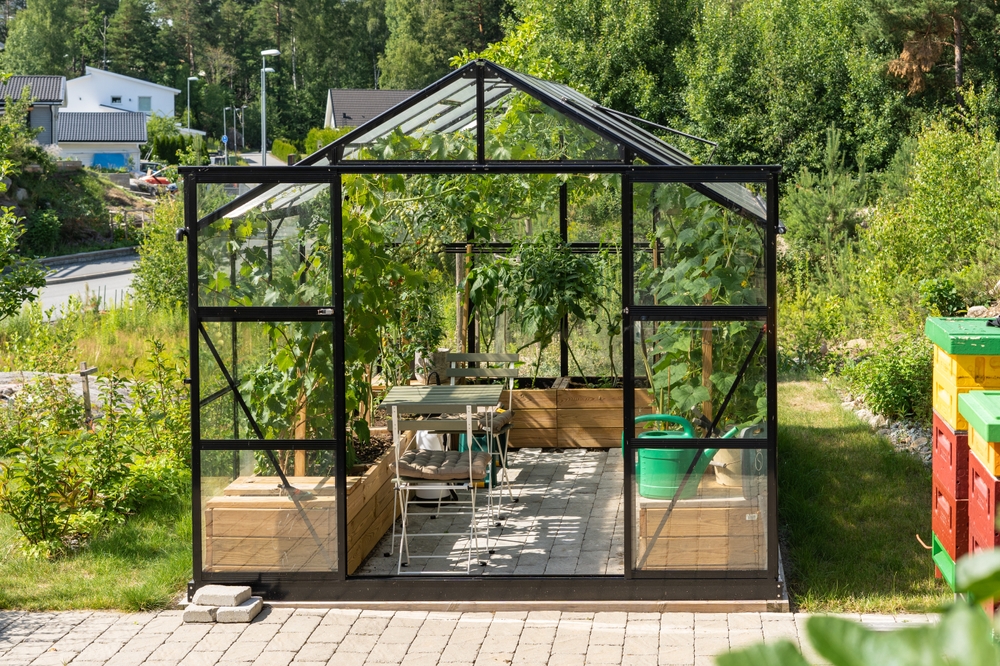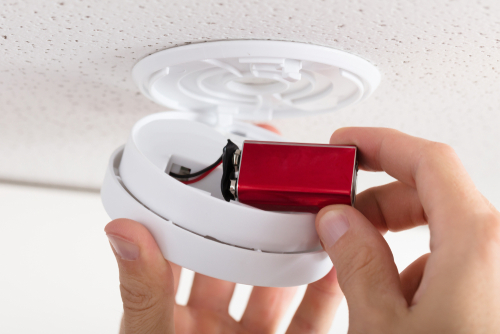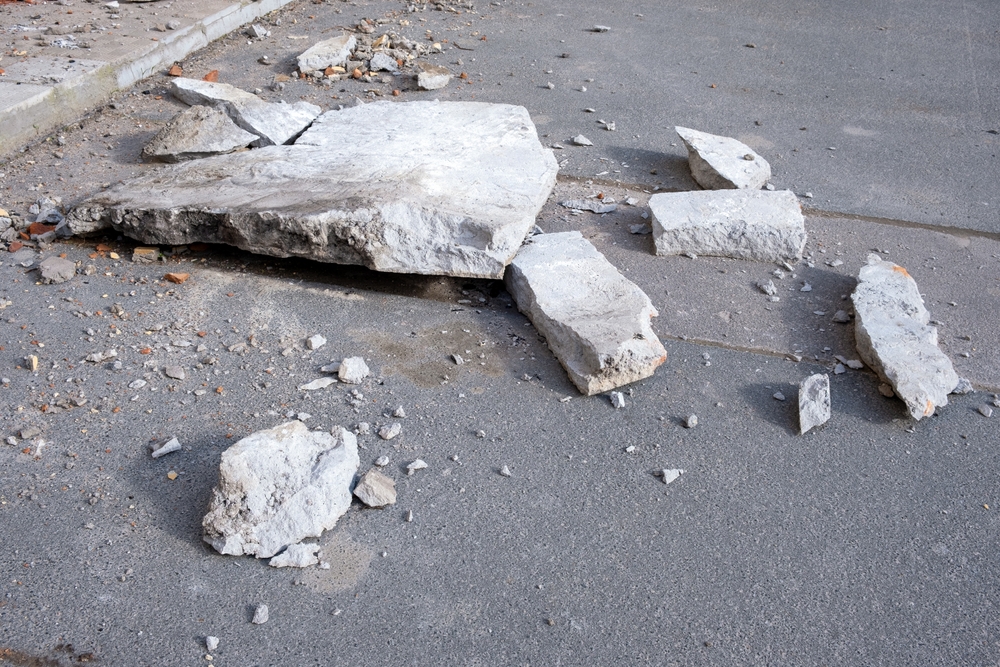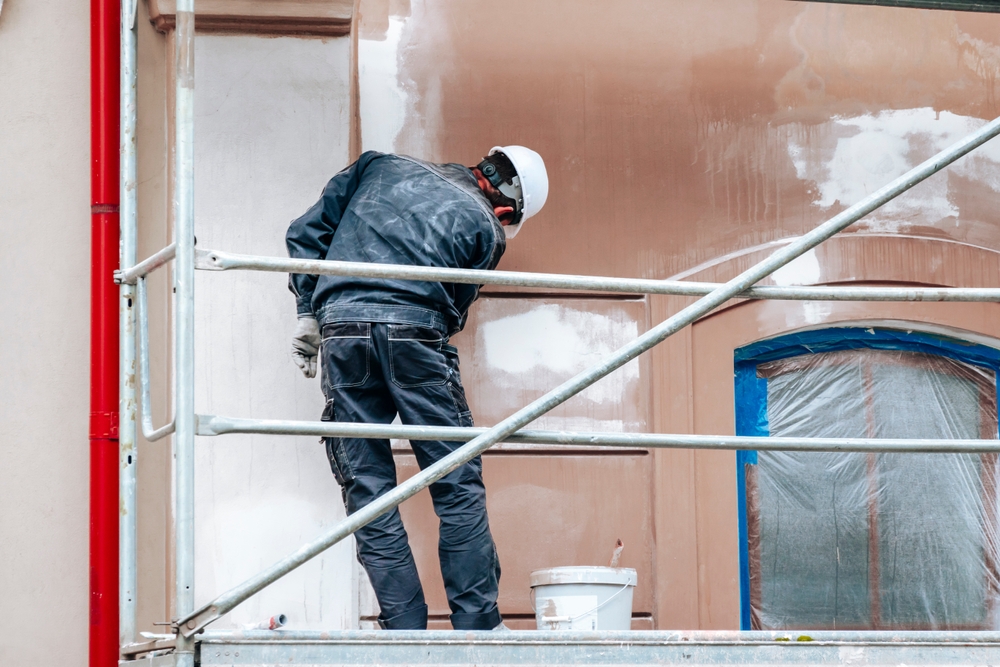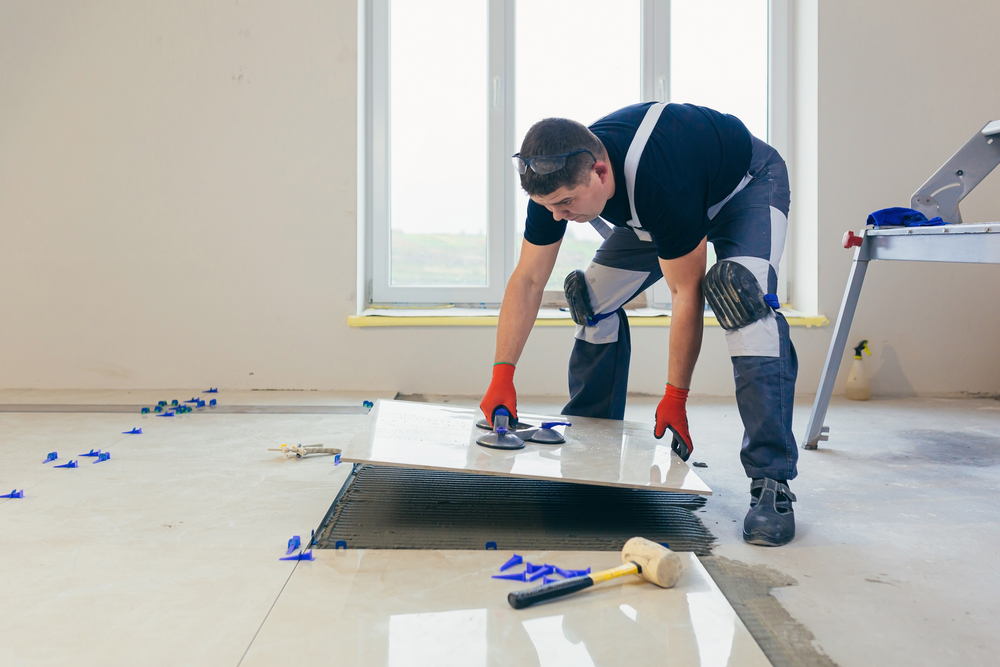April 12, 2024 - Benjamin Ehinger
What Are Five Things You Can Do to Prevent a Fire?
CALL NOW 844-762-8449
Preventing a fire in your home is critical not only for the safety of your family but also for the preservation of your property. Home fires can cause significant damage and lead to considerable cleanup and repair costs. For instance, you might need to rent a local dumpster from Waste Removal USA for post-fire debris if an unfortunate incident occurs. However, the good news is that many home fires are preventable with diligent attention to common hazards and a proactive approach to fire safety.
Understanding and implementing fire safety practices can drastically reduce the risk of fire in your home. From simple actions like installing and regularly testing smoke alarms to more involved preventive measures such as ensuring your heating systems are maintained, the layers of defense against fire are numerous. In addition, developing and practicing a fire escape plan ensures that if a fire does occur, you and your family are prepared to evacuate swiftly and safely.
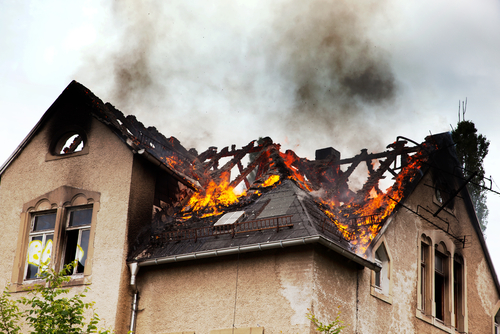 Proper use and maintenance of heating equipment are crucial to prevent fires in your home. Pay particular attention to your heating systems and chimney, especially if you live in an older home where the systems might not have been recently updated.
Proper use and maintenance of heating equipment are crucial to prevent fires in your home. Pay particular attention to your heating systems and chimney, especially if you live in an older home where the systems might not have been recently updated.
Key Takeaways
- Installing smoke alarms and checking them regularly safeguards your home.
- Safe cooking and heating practices are essential to prevent common fires.
- Having a clear and practiced fire escape plan can save lives.
Installing and Maintaining Smoke Alarms
Properly installing and maintaining smoke alarms are essential steps in increasing your fire safety. You can dramatically reduce the risk of fire-related injuries and deaths by addressing these aspects correctly.Placement of Smoke Alarms
- Ideal Locations: Install smoke alarms inside every bedroom, outside each sleeping area, and on every level of your home, including the basement. For high ceilings, place alarms at least 4 inches away from the highest point.
- Avoiding False Alarms: To prevent false alarms, situate smoke alarms at least 10 feet from cooking appliances and away from windows, doors, and ducts.
Smoke Alarm Maintenance
- Regular Testing: The U.S. Fire Administration recommends testing smoke alarms monthly by pressing the test button to ensure they function correctly.
- Battery Replacement: For battery-operated units, replace the batteries at least once every year or whenever the alarm chirps, signaling low battery.
- Special Alarms: For those who are deaf or hard of hearing, install smoke alarms equipped with flashing lights or vibration features to alert in case of a fire emergency.
- Replacement: Remember to replace the entire smoke alarm unit every 10 years or according to the manufacturer’s recommendations to ensure optimal performance.
Safe Cooking Practices
When preparing meals, it’s essential to adopt stringent safety measures to avoid common kitchen mishaps. Keeping a vigilant watch on your cooking and using the correct equipment can drastically reduce the risk of a fire in your home.Preventing Cooking Fires
- Stay Alert: Never leave your cooking unattended; if you have to leave the kitchen, turn off the burner. Unattended cooking is a leading cause of kitchen fires.
- Regulate Heat: To prevent fires, monitor the heat levels and avoid overheating oils, as this can quickly turn into a dangerous situation. Follow the advice from the U.S. Fire Administration on managing cooking temperatures.
- Keep combustible items such as kitchen towels, oven mitts, and food packaging away from the stove top.
- Wear short or close-fitting sleeves to prevent clothes from catching fire.
- Always have a lid nearby to smother potential grease fires; never use water, as this can exacerbate the flames.
Kitchen Safety Equipment
- Fire Extinguisher: Ensure you have a fire extinguisher accessible in the kitchen. It’s crucial to understand its operation before an emergency arises.
- Smoke Detectors: Install smoke detectors in your kitchen and test them monthly to ensure they are functional.
- An emergency cut-off switch for your stove can be a lifesaver in a situation where immediate power cessation is needed.
- Store a container of baking soda within reach to douse small grease fires on cooking surfaces.
Heating Equipment and Chimney Use
 Proper use and maintenance of heating equipment are crucial to prevent fires in your home. Pay particular attention to your heating systems and chimney, especially if you live in an older home where the systems might not have been recently updated.
Proper use and maintenance of heating equipment are crucial to prevent fires in your home. Pay particular attention to your heating systems and chimney, especially if you live in an older home where the systems might not have been recently updated.
Maintaining Heating Systems
To ensure your heating equipment is functioning safely, have it inspected and cleaned annually by a professional. This applies to your furnace, boilers, and space heaters. For space heaters specifically, keep them at least 3 feet away from flammable materials and never leave them unattended or on while sleeping.- Inspect annually: Have all heating equipment assessed by a professional.
- Keep space: Place space heaters away from anything that can burn.
Fireplace and Chimney Safety
Your fireplace and chimney also require regular maintenance to prevent chimney fires, which are particularly common in older homes. A chimney should be inspected and cleaned every year. When using your fireplace, always use a fire screen to catch sparks or embers.- Annual cleaning: Schedule professional chimney cleaning once a year.
Fire Escape Planning and Preparation
Ensuring the safety of your family starts with a clear and practiced fire escape plan. This not only could prevent fire deaths but also provides peace of mind. Your preparation should be thorough and consider every member of your household.Creating a Fire Escape Plan
First, develop a comprehensive escape plan that includes two exits from every room, such as doors and windows. You should ensure that escape routes are always accessible and free from obstructions. It’s crucial to have smoke alarms installed on every floor, and they should be tested monthly. Teach children to recognize the sound of smoke alarms and to stop, drop and roll if their clothing catches on fire. Clearly mark a safe meeting spot outside your home to gather after escaping a fire.Fire Drills and Education
Regular fire drills are key to ensuring your family’s preparedness. Practice your fire escape plan at least twice a year and involve all family members. This helps familiarize everyone, especially children, with the escape process, reducing panic and increasing the chances of safe evacuation. Educate your family about the importance of closing doors behind them to slow the spread of fire. Rehearsing quick decision-making, like how to safely exit through windows, can improve the response during an actual emergency. The Red Cross provides valuable preparedness tips and resources to help with your family’s fire drill preparation.Frequently Asked Questions
In this section, we explore common queries about fire prevention in various settings, covering essential measures that you can employ to minimize the risk of fire in your home, school, workplace, and community.What preventive measures can homeowners take to mitigate fire hazards?
To mitigate fire hazards in your home, ensure that you have working smoke alarms on every level and inside each bedroom. It’s also important to have a fire escape plan that you practice regularly. Keep flammable materials away from heat sources and maintain electrical appliances to prevent electrical fires.How can you safeguard your kitchen to prevent fire outbreaks?
In your kitchen, never leave cooking unattended as most fires start here. Keep towels, paper products, and other combustibles away from the stove. Cleaning your cooking surfaces to prevent grease buildup is also vital. Consider installing a fire extinguisher within easy reach for immediate response to any fire.What actions should schools implement to reduce the risk of fires?
Schools should conduct regular fire drills and maintain their fire safety equipment to ensure everything is functioning correctly. Fire prevention education should be part of the curriculum to teach students about the dangers of fire and how to react in an emergency.What are essential tips for preventing house fires that every resident should follow?
Residents should follow key actions such as testing their smoke alarms monthly, planning and practicing escape routes, and using surge protectors to prevent overloaded circuits. It’s also crucial to store a fire extinguisher on each floor and know how to use it.How can workplace fire safety practices prevent the spread of fires?
Effective workplace fire safety practices include clear evacuation procedures, frequent safety training sessions, and ensuring exits are never blocked. Regularly checking and maintaining fire suppression systems and electrical equipment can also significantly reduce fire risks.What community-level strategies are effective in preventing fire incidents?
On a community level, strategies such as public education campaigns on fire prevention and creating defensible spaces in wildfire-prone areas are effective. Communities can also benefit from implementing strict building codes that enhance fire safety.RECENT BLOGS
Our Reviews
Glenda Lanier Prowell
1721758635
I have ordered an 11 yard dumpster to be delivered to my house.Lonier was extremely helpful and answered all my questions. The rate was very reasonable.
Cedric Smikle
1721660395
Amber was extremely professional and courteous. She answered all of my questions and even some that I didn’t know I needed to ask.
Cait Kaider
1721243051
I highly recommend Waste Removal USA for their responsiveness and how the staff work hard to provide exceptional customer service. They have done well by us and our clients. Thank you!
Easom Family
1721223306
Louiner Pierre-Louis Is awesome! Did a great job. Will definitely be using this same company for all my dumpster needs because of his awesome customer service! Thank you!!!
tabitha Vazquez
1720539988
Wonderful and fast customer service!
LATEST BLOGS
